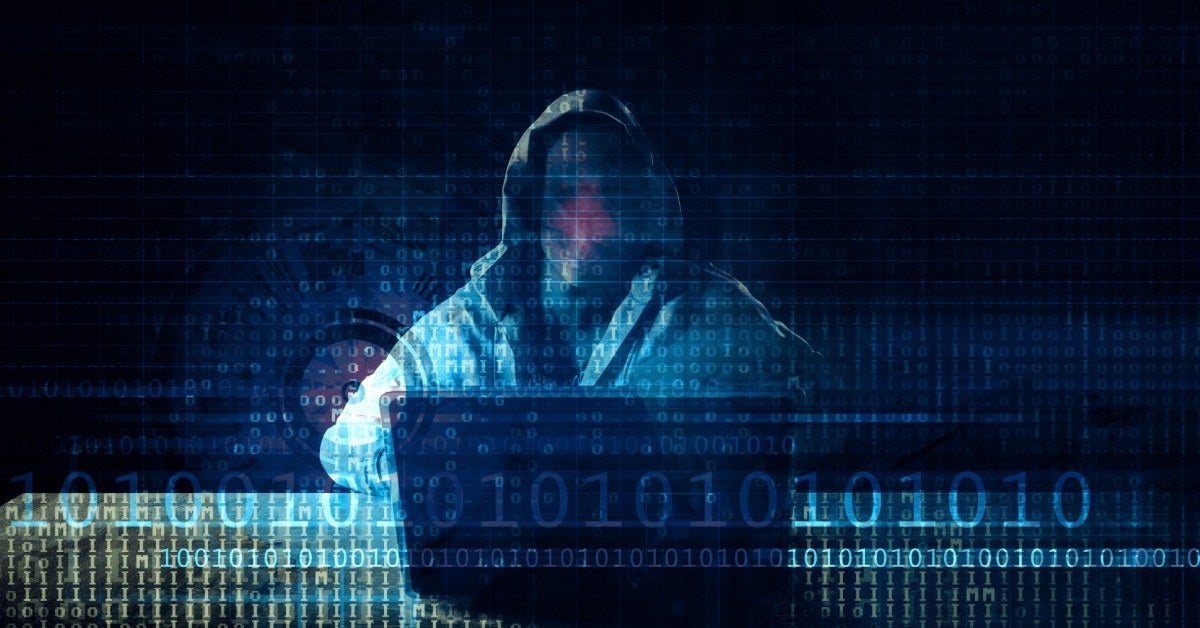Introduction
In December 2024, the cybersecurity landscape was disrupted by claims from the Brain Cipher ransomware group alleging a significant breach of Deloitte UK's systems, purportedly exfiltrating 1 terabyte (TB) of compressed data. This incident has raised concerns about the security measures of major consulting firms and the evolving tactics of ransomware groups.
Who is Brain Cipher?
Brain Cipher is a relatively new entrant in the ransomware arena, first identified in mid-2024. The group gained notoriety following a high-profile attack on Indonesia's National Data Center in June 2024, which disrupted essential public services, including immigration processes. Their operations involve multi-pronged extortion strategies, often utilizing a TOR-based data leak site to pressure victims into compliance. Analyses suggest that Brain Cipher's ransomware payloads are based on the LockBit 3.0 malware, indicating a possible link or inspiration from existing ransomware frameworks.

The Alleged Deloitte UK Breach
On December 4, 2024, Brain Cipher announced that it had successfully infiltrated Deloitte UK's systems, claiming to have stolen 1TB of compressed data. The group set a deadline of December 15 for Deloitte to respond, threatening to disclose how "the 'elementary points' of information security are not observed" by the firm. They further criticized large corporations for not adequately securing their systems, implying that Deloitte's cybersecurity practices were insufficient.

Image source: https://gbhackers.com/deloitte-uk-hacked/
Deloitte's Response
In response to these allegations, Deloitte issued a statement denying any breach of its internal systems. A company spokesperson clarified that "no Deloitte systems have been impacted," suggesting that if any data was compromised, it originated from a client's system unconnected to Deloitte's infrastructure. This assertion aims to reassure clients and stakeholders of the firm's commitment to cybersecurity and the integrity of its systems.
Implications of the Alleged Breach
If Brain Cipher's claims are validated, the breach could have significant repercussions:
- Client Confidentiality: Exposure of sensitive client information could erode trust and lead to legal ramifications.
- Operational Disruptions: Potential system outages or data loss might hinder Deloitte's service delivery.
- Reputational Damage: As a leading consulting firm, a confirmed breach would challenge Deloitte's credibility in advising on cybersecurity.
| Target | Date | Data Compromised | Ransom Demanded | Outcome |
| Indonesia's National Data Center | June 2024 | Not specified | $8 million | Disrupted public services; later, decryption key released for free with an apology. |
| Deloitte UK (alleged) | December 2024 | 1TB of compressed data | Not disclosed | Deloitte denies breach; investigation ongoing. (as on 7th December 2024) |
Understanding Brain Cipher's Modus Operandi
Brain Cipher employs a combination of sophisticated ransomware techniques and psychological pressure tactics:
- Data Encryption and Theft: Encrypting critical data and threatening to leak it to coerce victims into paying ransoms.
- Public Shaming: Utilizing dark web platforms to announce breaches, aiming to damage the victim's reputation and expedite ransom payments.
- Leveraging Existing Malware: Utilizing tools like the leaked LockBit 3.0 builder to develop their ransomware, indicating a reliance on established malware frameworks.
Preventative Measures Against Ransomware Attacks
Organizations can adopt several strategies to mitigate the risk of ransomware attacks:
- Regular Software Updates: Ensuring all systems and applications are up-to-date to patch known vulnerabilities.
- Employee Training: Educating staff about phishing and social engineering tactics to reduce the likelihood of successful attacks.
- Data Backups: Maintaining secure, offline backups to facilitate data recovery without yielding to ransom demands.
- Incident Response Planning: Developing and regularly updating a comprehensive incident response plan to swiftly address potential breaches.
Sangfor Anti-Ransomware Solution
Sangfor's Anti-Ransomware solution delivers a comprehensive defense against ransomware attacks by integrating advanced technologies for swift threat detection and neutralization. It combines AI-powered detection with real-time monitoring to identify and effectively counter ransomware threats. The solution includes:
- Endpoint Secure (EPP): Provides robust protection at the endpoint level, detecting and blocking malicious activities. Endpoint Secure has been awarded the "Top Product" certification by AV-Test for its exceptional performance in protection, performance, and usability.
- Network Secure (NGFW): Acts as a next-generation firewall, safeguarding the network perimeter with AI-driven threat detection. Network Secure has achieved a "Recommended" rating in CyberRatings.org's Enterprise Firewall Test and has been recognized as a Visionary in the Gartner Magic Quadrant for Network Firewalls.
- Omni-Command (XDR): Offers centralized threat detection and response, enhancing visibility and control over security incidents.
This integrated approach enables organizations to effectively disrupt the ransomware kill chain, providing a robust and adaptable defense against evolving cyber threats.
Conclusion
The alleged Brain Cipher ransomware attack on Deloitte UK underscores the persistent threat posed by cybercriminals, even to organizations with robust security protocols. While Deloitte denies any compromise of its systems, the incident serves as a critical reminder of the importance of vigilance, continuous improvement of cybersecurity measures, and the necessity for transparency in addressing potential threats.
*Note: This article is based on information available as of December 7, 2024. Ongoing investigations may provide further insights into the incident.





